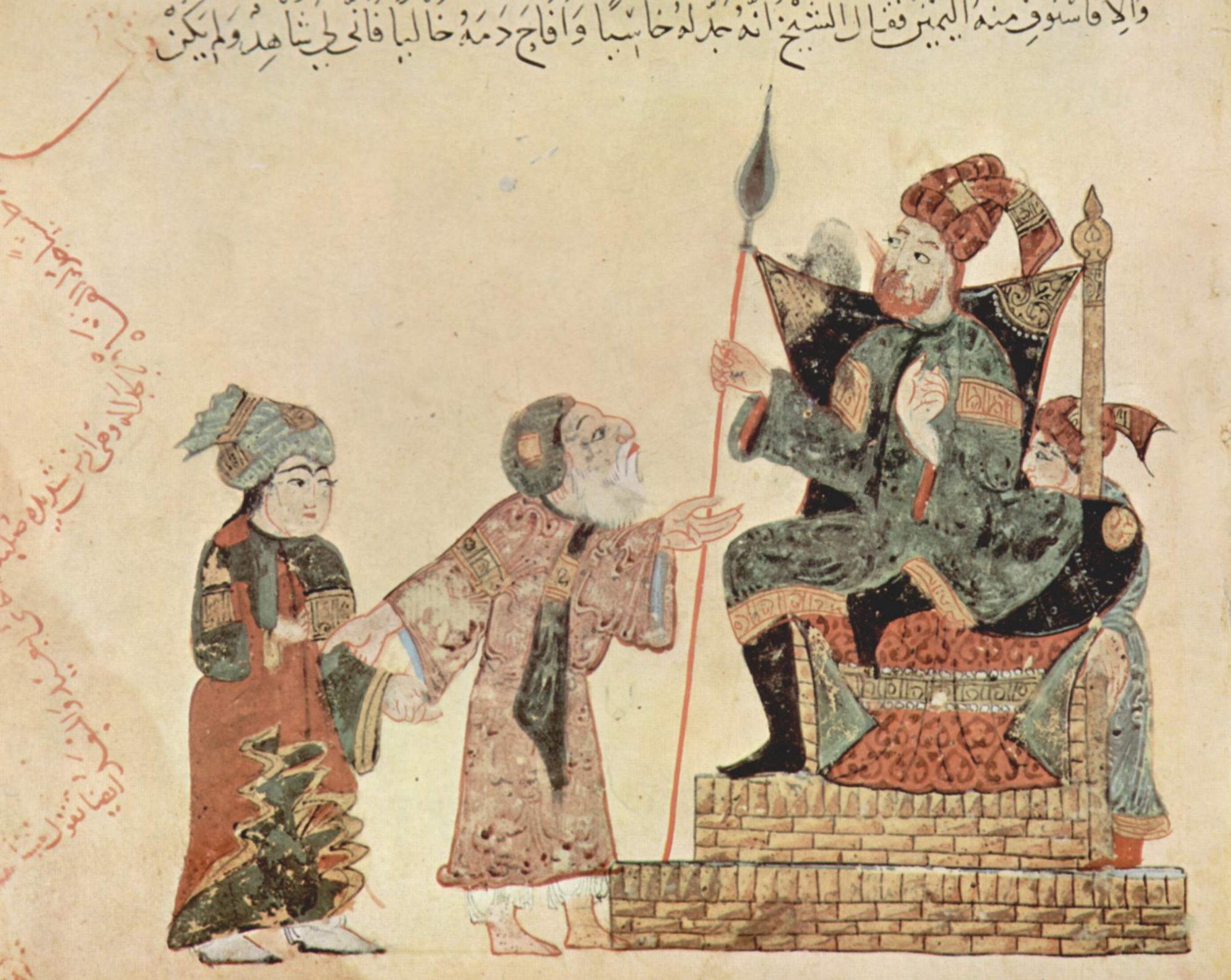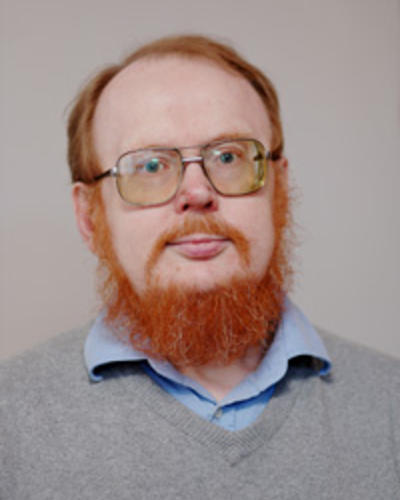 Professor Irene Schneider, Co-Investigator
Professor Irene Schneider, Co-Investigator
Irene Schneider is Professor of Arabic and Islamic Studies at the University of Göttingen since 2003. Her main fields of research are Islamic law and gender-studies, especially family law and public law, the influence of international law on national legislation in Muslim states, the relation of state and civil society, history of Islamic law and the reconstruction of early Islamic history, ḥadīth as a source of Islamic history, as well as Islam in Germany. She has worked mainly on Morocco, Egypt, Palestine, Iran and Afghanistan; her working languages are Arabic and Persian. Irene Schneider finished her studies in Islamic Studies, History and Sociology at the universities of Freiburg and Göttingen and went to Tübingen in 1983 to obtain her M.A. From 1990 to 1997 she was Assistant Professor at the University of Cologne after she had earned her PhD from Tübingen University. In 1996 she habilitated at Cologne University and became Research Associate of the National Science Foundation/USA in New York (1997-1998). From 1999 until 2001 she had a grant from the Deutsche Forschungsgemeinschaft and from 2001 until 2003 she coordinated the Collaborative Research Centre “Difference and Integration”/Halle and Leipzig. Since she became Professor in Göttingen in 2003 she has turned down the offer for the chair of“Islamic studies and gender” at the University of Zürich (2007) and an offer for the chair of “Islamic Studies” at the University of Exeter/UK (2014).
![]()

 Professor Robert Gleave, Principal Investigator
Professor Robert Gleave, Principal Investigator
 Professor Knut Vikor, Co-Investigator
Professor Knut Vikor, Co-Investigator
 Professor Leon Buskens, Co-Investigator
Professor Leon Buskens, Co-Investigator
 Eirik Hovden
Eirik Hovden Dr Omar Anchassi
Dr Omar Anchassi Dr Nijmi Edres
Dr Nijmi Edres Mahmood Kooria
Mahmood Kooria